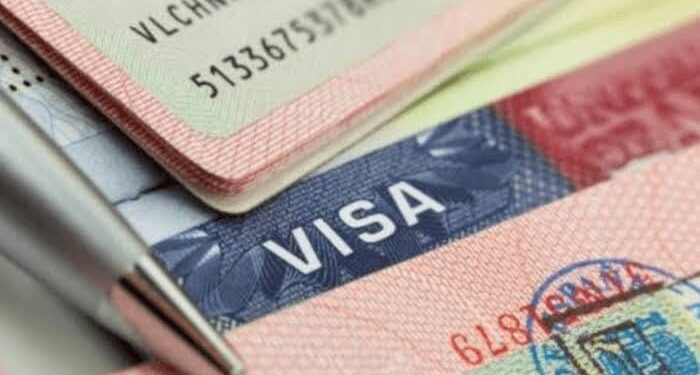Cyril Ramaphosa, President of South Africa, has unveiled a groundbreaking visa policy for Nigerians, allowing investors and tourists to apply for visas without submitting passports. This significant policy shift was announced during the 11th session of the Nigeria-South Africa Bi-National Commission (BNC) in Cape Town, attended by Nigeria’s President Bola Tinubu.
Why It Matters
This new visa initiative reflects South Africa’s commitment to fostering stronger economic and diplomatic ties with Nigeria, the continent’s largest economy. Simplified visa processes, such as five-year multiple-entry visas for qualified Nigerian businesspeople, aim to enhance trade and investment flows. By reducing bureaucratic hurdles, South Africa hopes to attract more Nigerian businesses and tourists, stimulating mutual economic growth and creating a more integrated African economy.
Moreover, the policy aligns with broader efforts to empower African nations to collaborate effectively on global platforms like the G20. As Africa grapples with economic inequality and underdevelopment, such initiatives could be pivotal in advancing Agenda 2063—the African Union’s strategic framework for socio-economic transformation.

Details of the Announcement
Ramaphosa emphasized that these measures aim to create a business-friendly environment for Nigerian investors and entrepreneurs. “Qualifying Nigerian businesspeople can be granted a five-year multiple-entry visa,” he said, highlighting the ease this would bring to frequent travelers.
South Africa also pledged to address constraints hampering investments and operational challenges faced by companies from both nations. “Our strong bonds of friendship provide a firm foundation for more meaningful economic cooperation,” Ramaphosa stated, stressing the importance of removing barriers to investment and trade.
Strengthening Economic Cooperation
South Africa is already home to several Nigerian businesses, and Ramaphosa expressed optimism about deepening this relationship. He also acknowledged Nigeria’s ongoing reforms aimed at strengthening its business environment, signaling mutual efforts to make the region more investor-friendly.
This collaboration comes as both countries mark 30 years of diplomatic relations. With Nigeria hosting numerous South African companies and South Africa welcoming Nigerian investments, the economic partnership between the two nations is a model for intra-African cooperation.
Africa’s Voice on the Global Stage
Ramaphosa highlighted Africa’s development as a priority for South Africa’s G20 agenda, which will be the first Leaders’ Summit held on African soil. He stressed the need for global programs tailored to ensure inclusive growth, noting, “In shaping global discourse, programs should be tailored to ensure that in our societies, no one is left behind.”
The Bottom Line
South Africa’s visa policy overhaul signals a strategic move to deepen ties with Nigeria, paving the way for greater economic integration and collaboration. As the two nations strengthen their partnership, the ripple effects could resonate across Africa, promoting shared growth and a unified stance on global challenges. This initiative underscores the importance of regional cooperation in achieving the continent’s development goals, while bolstering Africa’s position on the global stage.

















